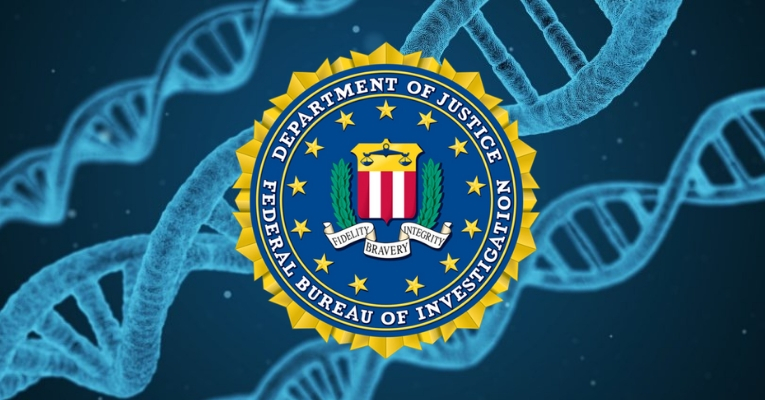News
Popular DNA Testing Company Admits to Sharing Genetic Data With the FBI

If you’re like millions of others across the United States, you may have considered buying a DNA genetic analysis test. The offer is tempting: for under $100, you can potentially unearth new details about your ancestry, distant relatives, and diverse ethnic background from the comfort of your own home. According to some advertisements, lives have been changed and families reunited thanks to the services being sold by 23andMe, Ancestry.com, and other consumer genetic testing companies.
Yet while the temptation of trading a simple saliva sample for personalized genetic and health info may seem to be worth the cost, a recent report from BuzzFeed News has raised new concerns for civil liberties advocates.
As it turns out, Houston, Texas-based FamilyTreeDNA – one of the most prominent private DNA testing companies – has given the FBI free license to search its genealogy database, granting feds virtually unlimited access to a treasure trove of genetic data for the purpose of solving violent crimes.
Last Thursday, the company confirmed in a statement to BuzzFeed that it had granted the law enforcement agency virtually unfettered access to the nearly 2 million genetic profiles it hosts on the grounds that the new relationship “would help law enforcement agencies solve violent crimes faster than ever.”
The partnership marks the first time that a commercial direct-to-consumer genetic testing company has handed law enforcement access to user data.
And while the move is sure to enrage those who used the company’s home-testing kits without knowing that the FBI would eventually acquire their genetic data, the new agreement will also impact those with whom they are related.
Basically, the FBI will be able to snoop around in users’ genetic profiles, as well as those of their relatives.
According to The Chicago Tribune:
“A study last year estimated that only 2 percent of the population needs to have done a DNA test for virtually everyone’s genetic information to be represented in that data.”
Genetic information like that stored on FamilyTreeDNA’s servers played a key role in the arrest of the so-called Golden State Killer, Joseph James DeAngelo, whose arrest after several decades was made possible through the use of GEDmatch, an open-source genealogy database that law enforcement used to match crime-scene DNA with public genetic data.
The new agreement with the company more than doubles the amount of genetic data law enforcement has access to.
At the time of DeAngelo’s arrest, the ACLU warned that while DNA tests may hold immense promise, submitting to them poses the risk that “we give away data that exposes not only our own physical- and mental-health characteristics but also those of our parents, our grandparents and, as in DeAngelo’s case, our third cousins — not to mention relatives who haven’t been born yet.“
“People may not be so troubled by such an intrusion when it comes to a serial killer, but imagine the implications of using this technique for shoplifters or trespassers.”
FamilyTreeDNA had previously been given top marks for consumer privacy by industry publications U.S. News and PCWorld, but the company changed its terms of service this past December to allow law enforcement to identify “violent crime” suspects or to identify the remains of victims.
Natalie Ram, an assistant law professor at the University of Baltimore who specializes in bioethics and criminal justice, noted:
“We are nearing a de-facto national DNA database … We don’t choose our genetic relatives, and I cannot sever my genetic relation to them. There’s nothing voluntary about that.”
Typos, corrections and/or news tips? Email us at Contact@TheMindUnleashed.com
